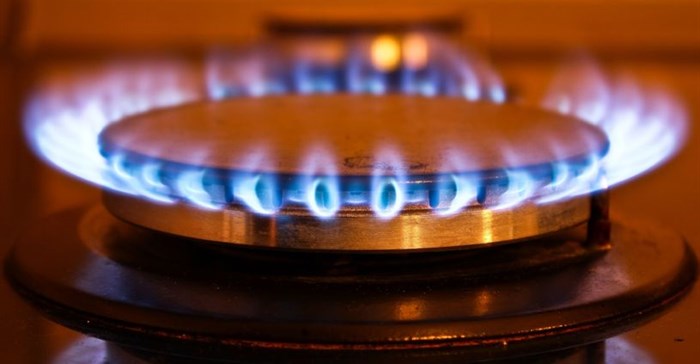Mozambique must learn from the mistakes it made in signing an "abusive" gas pricing deal with Sasol in 2004 if it is to feel the full benefit of becoming one of the world's biggest gas producers.
That's according to a Maputo-based think tank in a report it presented to Sasol in Johannesburg last month. Sasol is the only gas producer in Mozambique, pumping gas from two fields, Pande and Temane, near Vilanculos.
It started exporting gas to its Secunda gasto-liquids facility in 2004, and produces 183mGJ/year which is turned into liquid fuel, and sold as gas to consumers in SA and Mozambique. It is a significant operation, but likely to be dwarfed in the future by gas production off the coast of Mozambique. The Rovuma basin contains about 175trillion cubic feet of gas that US firm Anadarko and Italy's Eni are planning to extract. These projects are set to make Mozambique the world's third-largest producer of liquefied natural gas, and more discoveries could follow. On July 30, Sasol was one of seven companies, to bid for the right to exploit unexplored areas. Gas companies at the basin operate from Pemba port.
However, with the prices of oil and gas having fallen to historic lows over the past year, the Centre for Public Integrity (CIP), which authored the report, worries that Mozambique could again in future come to rue pricing arrangements it puts in place now, if and when prices start to rise. But whatever happens, the situation is unlikely to be quite as extreme as it is with Sasol.
This is because, first, as Sasol points out, the company was something of a pioneer in making a large investment in Mozambique, which had little more than a decade earlier ended a ravaging civil war. Investors coming to the country now can see that Sasol's investment has worked out, as did BHP Billiton's in the Mozal aluminium smelting facility just outside Maputo.
Second, Sasol is both the buyer and seller of Mozambique's gas - meaning it might be in the firm's interest to sell the gas to itself as cheaply as possible. Profits made in Mozambique have to be shared with the other shareholders - state-owned CMH and the World Bank's investment arm, the International Finance Corp. They can attract corporate tax in Mozambique. Sasol did not start paying this tax until 2012, as it was still recouping the investment it made in the project.
CIP says that in 2009, the sale price of natural gas in SA was five times what Sasol was paying to import Mozambican gas, and argues that the relationship is likely to continue.
In a statement to the Financial Mail, Sasol says the pricing "was a legitimate risk mitigation mechanism that was relevant under the prevailing conditions at the time". Given the level of perceived political risk, it says, the project was "structured to reward the investment and risk taken during the initial years, after which the benefits would exponentially increase for the Mozambican government."
The operators of the Rovuma basin projects do not face those challenges, accepts Fatima Mimbire, extractives industry researcher at CIP. Nevertheless, she argues, they have less to lose than government does if they sign up to long-term sales agreements at too low a price.
"I do believe the companies will want to negotiate a higher price," says Mimbire. In their desperation to sign sales agreements, government and firms could agree to deals they will regret in years to come.
CIP wants the government to ensure the Anadarko- and Eniled projects include clauses in their sale contracts allowing them to revisit price when market conditions change.
Source: Financial Mail

































